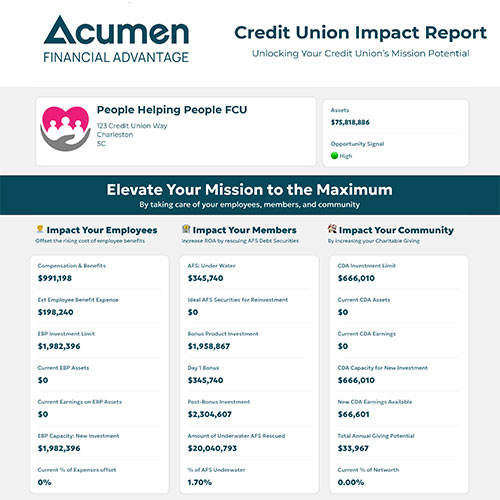Public Investments
What are Public Investments?
(And how can they benefit your organization?)
Public investments refer to financial assets that are available for purchase by investors through public markets, such as stock exchanges or bond markets. These investments represent ownership or debt in publicly traded companies, governments, or other entities.
Types of Public Investments:
- Stocks (Equities): Stocks represent ownership in a company and offer potential for capital appreciation and dividend income.
- Bonds (Fixed-Income Securities): Bonds are debt securities issued by governments, municipalities, or corporations, providing fixed or variable interest payments over time.
- Mutual Funds: Mutual funds pool investors' money to invest in a diversified portfolio of stocks, bonds, or other securities, offering professional management and diversification.
- Exchange-Traded Funds (ETFs): ETFs are similar to mutual funds but trade on stock exchanges like individual stocks, providing liquidity and flexibility.
- Real Estate Investment Trusts (REITs): REITs invest in real estate properties and distribute rental income to investors, offering exposure to real estate markets.
- Commodities: Commodities include physical goods such as gold, oil, and agricultural products, offering diversification and hedging against inflation.
Key Benefits:
- Potential for Growth: Public investments offer the potential for long-term capital appreciation.
- Income Generation: Many public investments, such as dividend-paying stocks and bonds, provide regular income streams through dividends or interest payments.
- Diversification: Investing in a variety of public assets can help spread risk and reduce portfolio volatility, enhancing overall investment returns.
- Liquidity: Public investments are traded on public markets, providing liquidity and the ability to buy or sell assets quickly and easily.
- Professional Management: Mutual funds and ETFs offer professional management by experienced fund managers, providing investors with access to expert investment strategies and research.
Potential Risks:
- Market Risk: Public investments are subject to market fluctuations and volatility, which can affect their value and investment returns.
- Interest Rate Risk: Bonds and other fixed-income securities are sensitive to changes in interest rates, which can impact their market value.
- Credit Risk: Investing in bonds or debt securities carries the risk of issuer default or credit downgrade, leading to potential loss of principal.
- Liquidity Risk: Some public investments may have limited liquidity, making it difficult to buy or sell assets at favorable prices, especially during market downturns.
Inflation Risk: Inflation can erode the purchasing power of investment returns over time, reducing real investment gains.
Explore Our Solutions
Discover how Acumen Financial Advantage helps organizations strengthen financial performance, reinforce leadership continuity, and steward resources for long-term value—building durable advantage in service of those you support.

